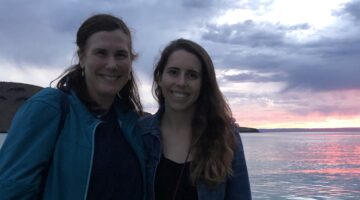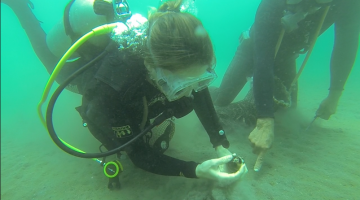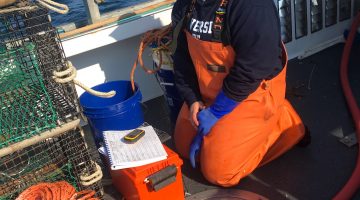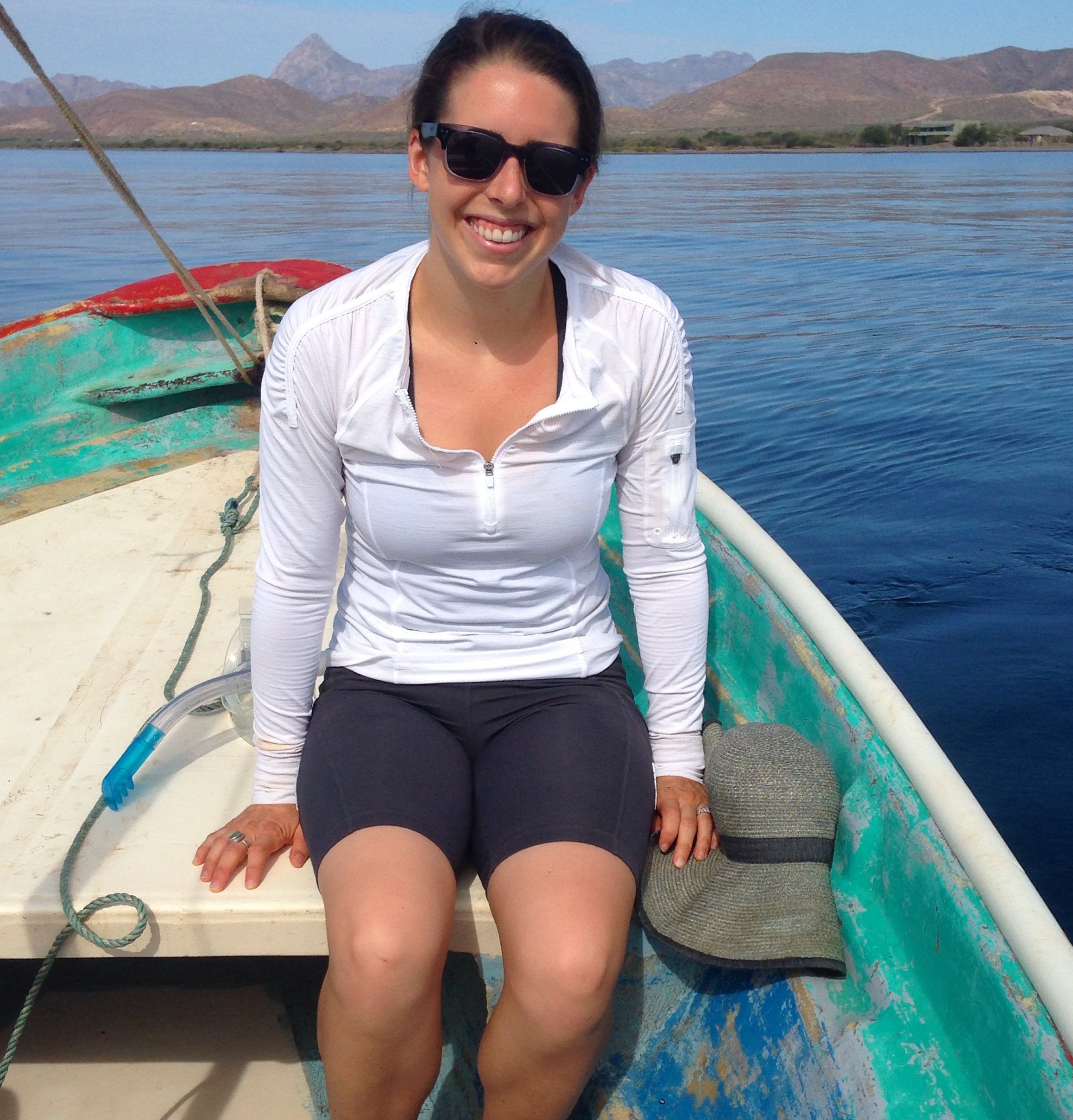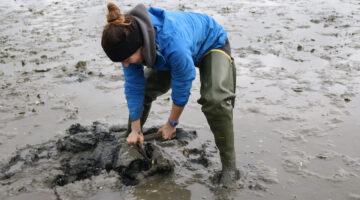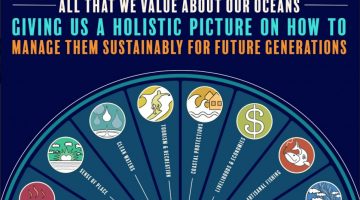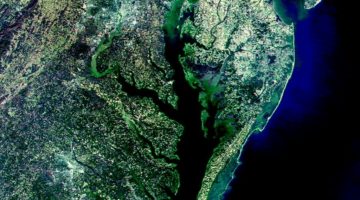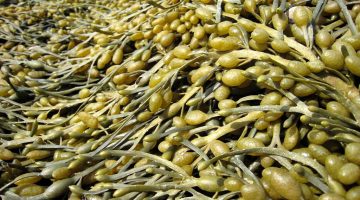NSF, Mainebiz feature paper about the value of bringing local norms and knowledge into fisheries regulations
Mainebiz interviewed Kara Pellowe, a former University of Maine postdoctoral student, about the value of integrating local norms and fishermen’s knowledge into fisheries regulations. Pellowe, now based at the Stockholm Resilience Centre in Stockholm, Sweden, co-authored a study with Heather Leslie, director of the Darling Marine Center in Walpole, Maine, exploring the interplay between formal and […]
Read more
